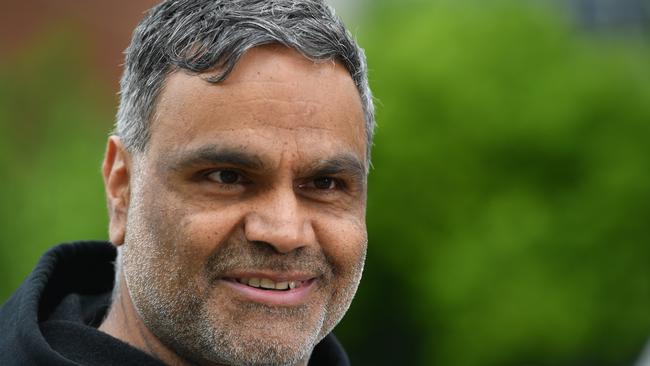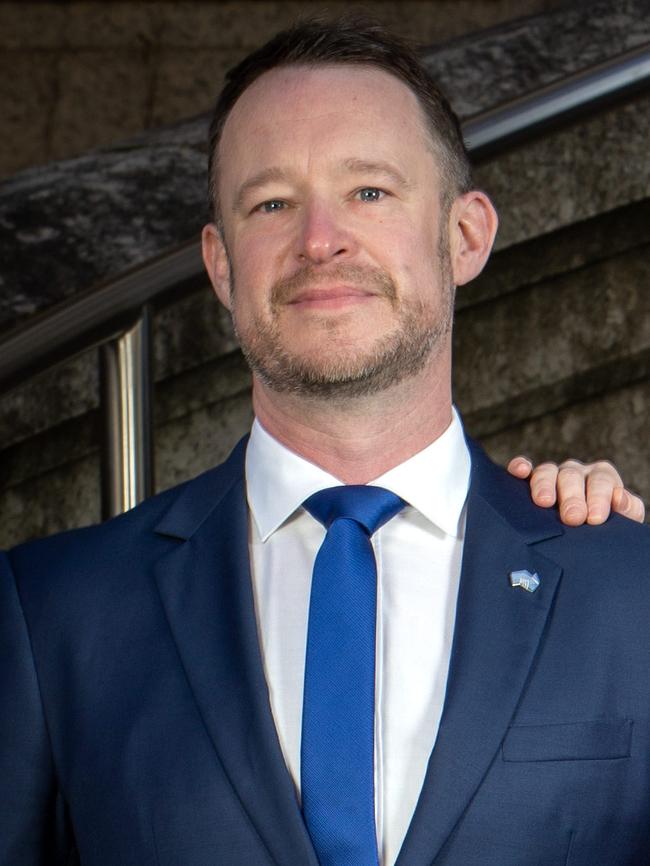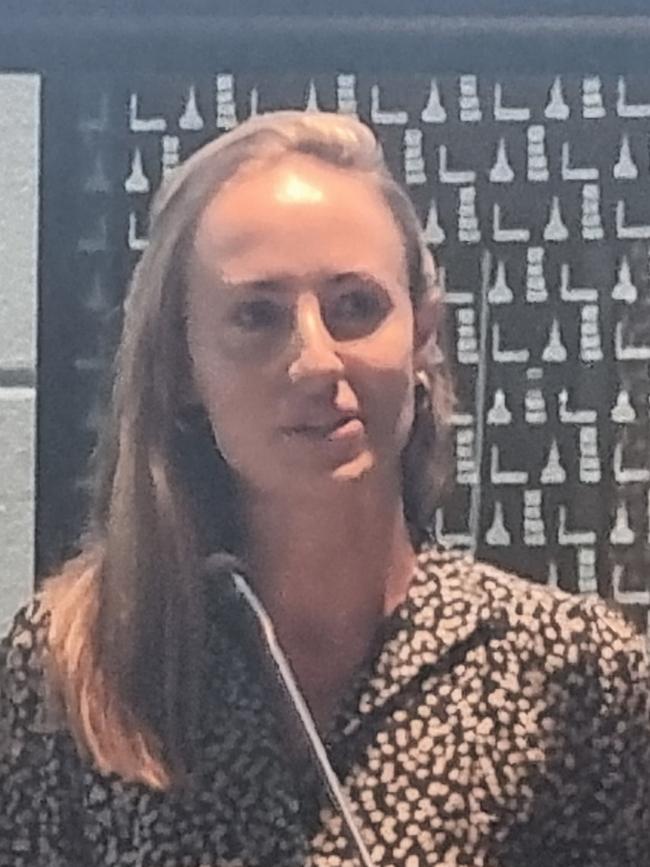30,000 eligible voters but just 2583 formal ballots cast for SA Voice to parliament
With more than 30,000 eligible voters, the 46 people from six regions that will shape SA’s Voice to parliament have been elected from 2583 formal votes.
SA News
Don't miss out on the headlines from SA News. Followed categories will be added to My News.
More than 90 per cent of eligible voters failed to cast a ballot in the historic South Australian First Nations Voice to parliament, resulting in members being elected with as few as six votes.
About 30,000 Aboriginal and Torres Strait Islander people were eligible to vote, but Electoral Commission SA figures show just 2583 formal votes were received.
The 46 candidates elected from six regions, from 113 people who stood for election, include 12 elected with less than 20 first preference votes.
Four unsuccessful candidates polled zero votes, indicating they did not even vote for themselves.
The Opposition is now calling for the SA Voice to be abolished but Aboriginal Affairs Minister Kyam Maher called the turnout a “strong first result” in line with state elections for the former Aboriginal and Torres Strait Islander Commission (ATSIC) in the 1990s.
The election saw 46 positions filled for the six Local Voices, with two presiding members of each to comprise the 12-member State Voice.
Mr Maher looks forward to meeting the successful candidates in the coming weeks.
“South Australia’s First Nations Voice is well on track, with strong interest in nominations and a successful first election,” he said.
“We recognise that the SA First Nations Voice to parliament is the first of its kind in Australia and that it will take time to build awareness and engagement.
“We will look to strengthen engagement ahead of the next Voice election that will take place at the same time as the State election.”
He thanked outgoing Commissioner for First Nations Voice, Dale Agius, for his work establishing the Voice to parliament.

However, Opposition assistant regional affairs spokesman Ben Hood labelled the election a “comprehensive failure” and called for the SA Voice to parliament to be abolished.
He warned candidates elected with little more than a handful of votes “now wield an extraordinary level of power over our democracy” in an “undemocratic power grab by activists and ideologues.”
“The State Voice is unrepresentative and undemocratic – Labor’s Voice does not represent Indigenous people,” he said. “It is a recipe for corruption and nepotism.
“Peter Malinauskas owes it to the people of South Australia to abolish this failed Voice experiment.”


One Nation MLC Sarah Game said the number of people who voted for “a new bureaucratic arm” was a “poor turnout.”
SA’s Voice to parliament has a budget of $10.3m over four years.
Elected members will receive stipends from $3000 to $18,000, sitting fees of $206 per meeting and travel, accommodation and meal allowances, plus $1000 each for a laptop.
Induction sessions will be held next month before Local First Nations Voices begin meeting and electing their presiding members.
The advisory body will make representations to state parliament and talk with government ministers and agency heads about policies affecting the lives of Aboriginal and Torres Strait Islander people.





